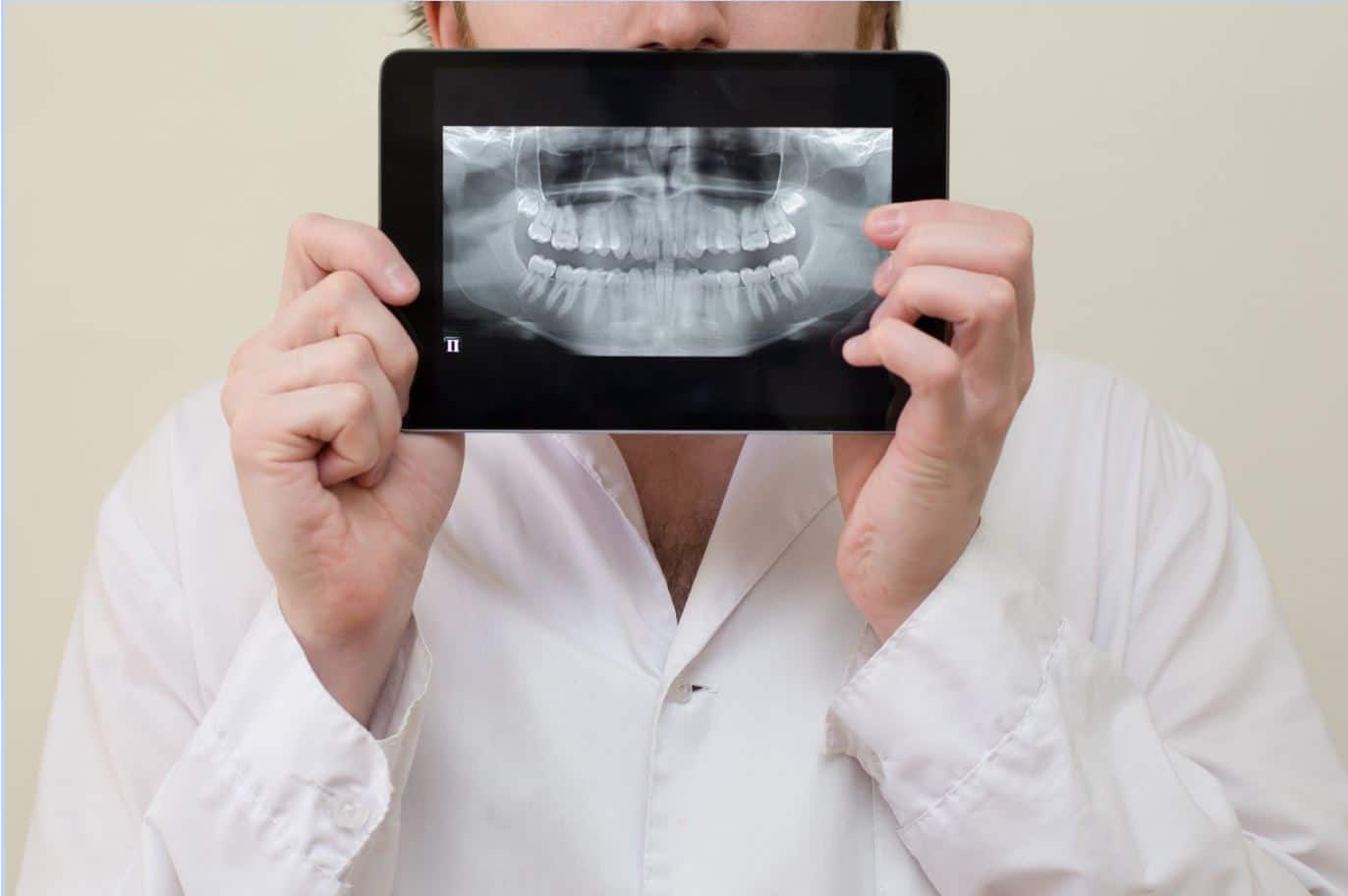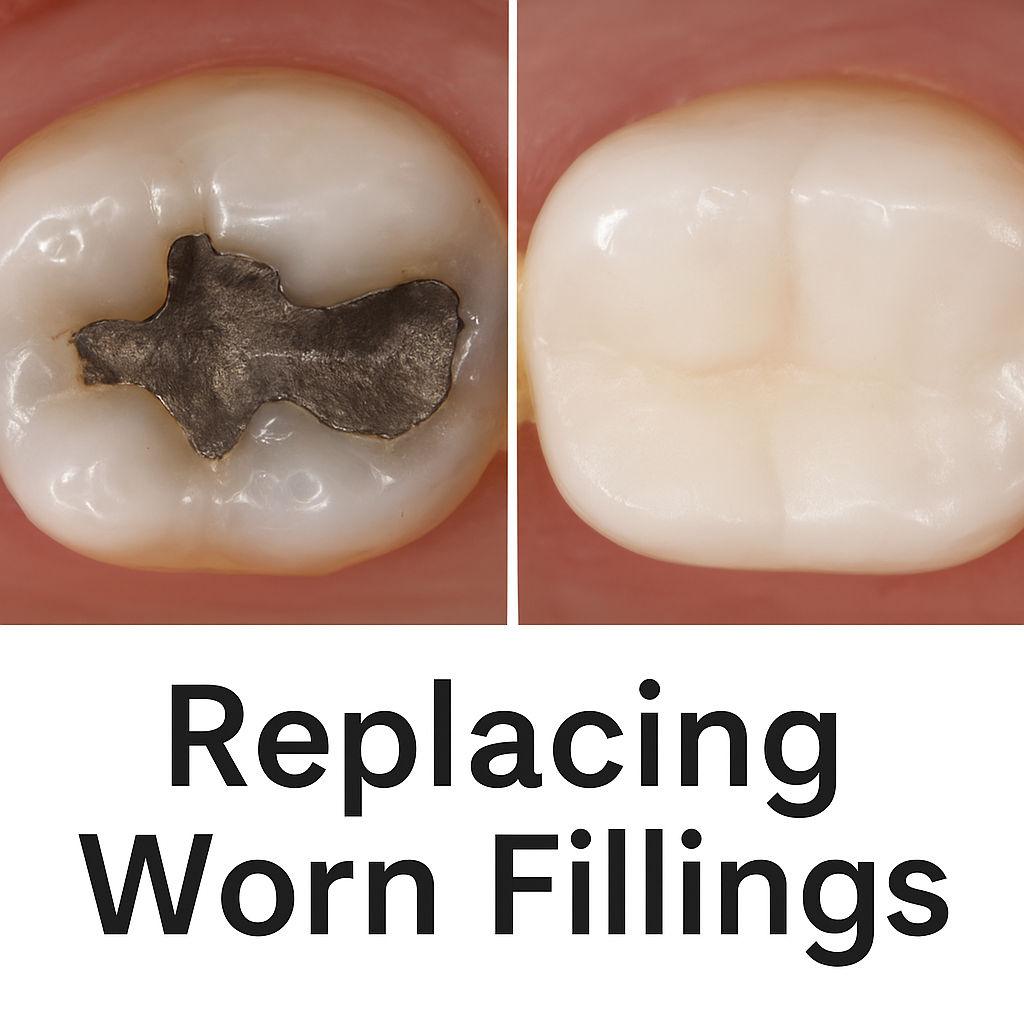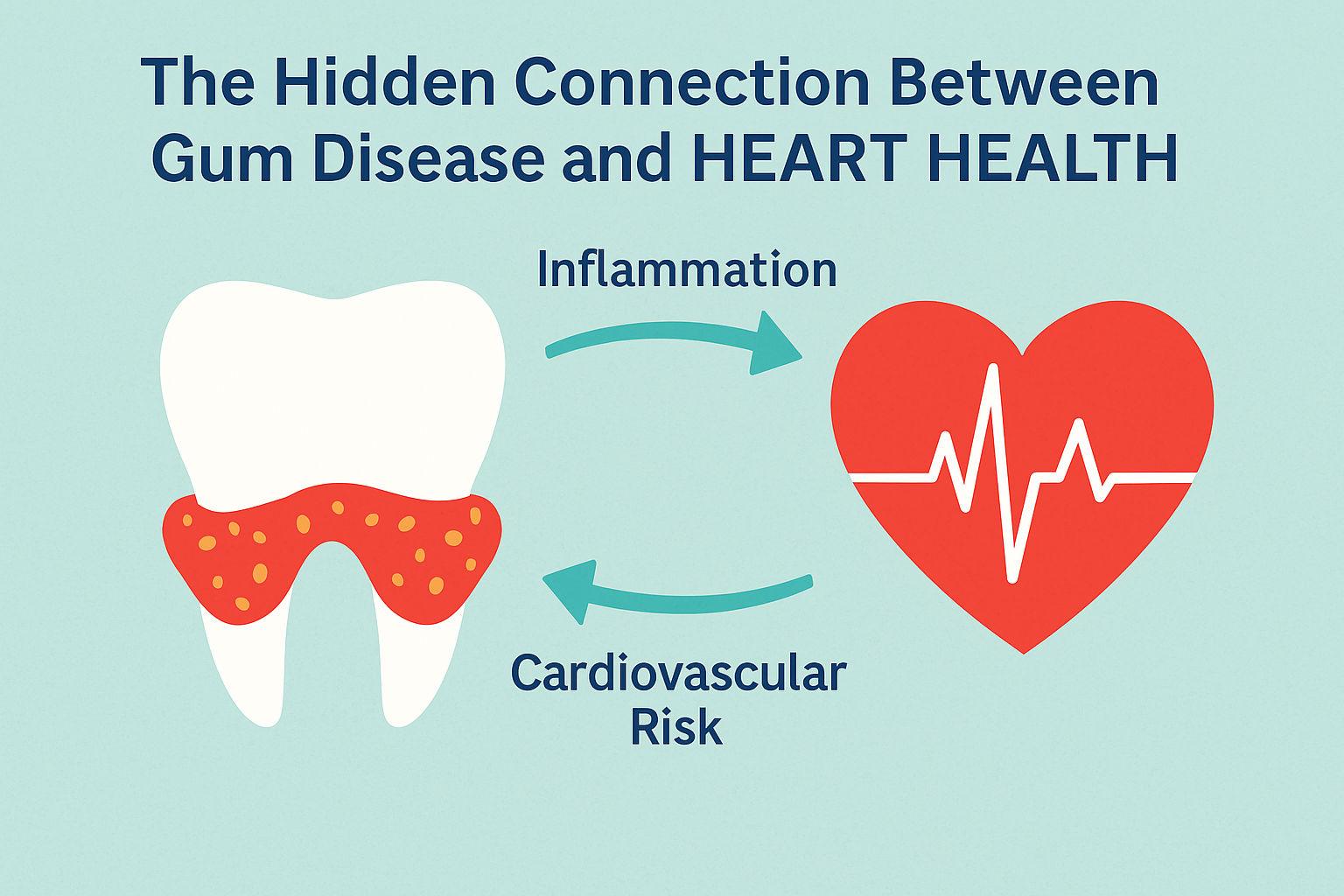Dental X-rays are an important part of maintaining healthy teeth and gums, despite some patients in Orem worrying about the fees involved. Dental X-rays can save you money by allowing you to catch problems early on before they become costly to fix.
The Process of a Dental X-Ray
Bypassing soft tissue, X-rays use electromagnetic radiation (or photons) to create a picture of your teeth and bones. You might be worried about the radiation exposure from X-rays. This is true, but only to a very small extent. A single dental X-ray exposes you to less radiation than a typical day.
Why Are Dental X-Rays Required?
Regular dental X-rays are necessary if you care about your teeth and gums. They provide dentists with a clear look at your teeth, gums, and jawbone, so they may spot problems that could be missed during a visual checkup.
Early Detection of Cavities
The accumulation of germs on teeth leads to the development of cavities. The acids produced by these bacteria will slowly dissolve your tooth enamel. Although cavities may initially show no symptoms, they can eventually lead to discomfort, sensitivity, and even infection in the teeth.
Untreated cavities may do a lot of damage to your teeth, but they can also sneak up on you. Cavities can be detected before they cause any discomfort by having routine dental X-rays taken. The cavities are still tiny enough that they can be readily filled. If left untreated, cavities can worsen and call for more costly treatments like root canals or crowns.
Revealing Gum Disease in Its Hidden Form
Another sneaky problem with your mouth that can cause you to lose teeth, gum tissue, and even jawbone is gum disease. Plaque and tartar buildup on teeth and gums, just like tooth decay, leads to gum disease.
Gum disease is typically curable if caught and treated early on with comprehensive dental cleaning and a commitment to better oral care. Gum disease is treatable in its initial phases, but if left unchecked, it can spread to more serious forms that need gum surgery or bone grafting. Dental X-rays can help you avoid these more expensive and intrusive treatments by detecting gum disease in its earliest phases.
How to Spot Jaw Problems
The teeth’s structural base is the jawbone. It might cause tooth loss and other problems if it is damaged. Jaw issues, such as bone loss or fractures, are easy for a dentist to spot on dental X-rays. A treatment plan can then be created to help you maintain good dental health and avoid any additional harm.
Keeping an Eye on How Those Wisdom Teeth Grow
Finally, dental X-rays can show whether your wisdom teeth are giving you trouble. The third and final pair of molars to come in are called wisdom teeth. They regularly create issues, and it’s usually because of a shortage of room. This may cause discomfort, infection, and harm to adjacent teeth.
With the use of routine dental X-rays, your dentist can monitor the growth of your wisdom teeth and advise removal if required. However, impacted wisdom teeth can lead to more significant dental health concerns that require more extensive and expensive treatment if not removed.
When Was Your Last Dental X-Ray?
Although dental X-rays aren’t exactly a “glam” procedure, they are necessary for maintaining good oral health. In addition, by catching problems early and treating them cheaply instead of waiting until they worsen, frequent dental X-rays can actually save you money. The good news is that your dental insurance may cover X-rays, so you may not have to pay anything out of pocket.
If you want to maintain a healthy, beautiful smile, regular dental checkups and cleanings with X-rays are a need. If your dental X-rays are overdue, please don’t wait to contact our clinic. And if you have any worries, just let us know.









